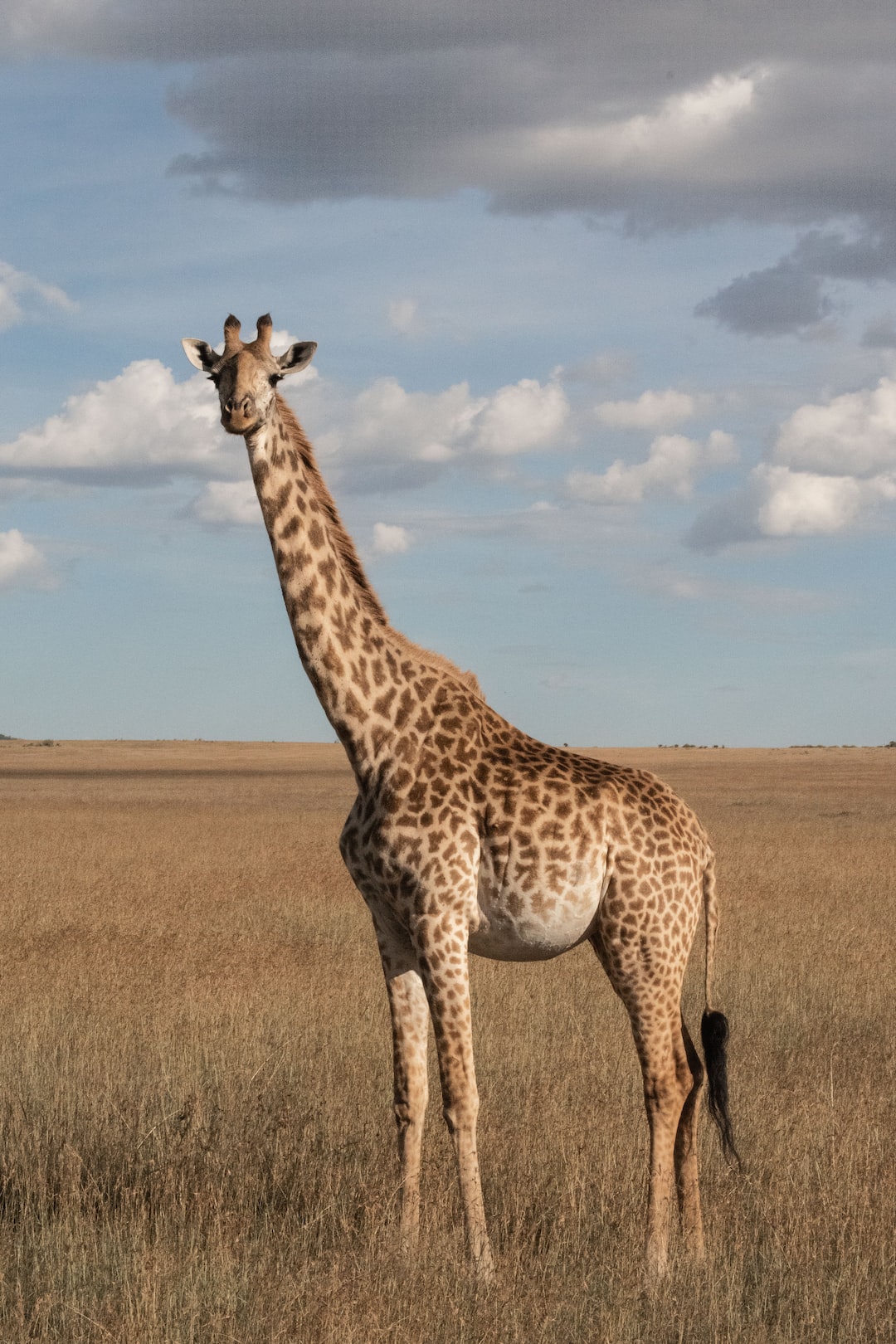The Unique Role of Bees in Pollination: Saving Our Food Systems
Bees are often overlooked creatures when considering the balance of our ecosystem. However, their role in pollination is vital and directly contributes to the sustainability of our food systems. Without bees, the world as we know it would be drastically different. In this blog post, we will explore the unique role of bees in pollination and the importance of their presence in maintaining our food sources.
Pollination is the process by which pollen from the male reproductive organ of a flower (the stamen) is transferred to the female reproductive organ (the stigma) to facilitate fertilization. This process is essential for plants to reproduce and produce fruit, vegetables, and nuts. While wind and water can play a minor role in pollination, the majority is carried out by bees and other insects.
The unique aspect of bees in pollination lies in their biology and behavior. Bees are attracted to flowers by their vibrant colors and sweet fragrances. As they collect nectar from the flowers, they unintentionally collect pollen on their bodies. This pollen is then transferred from one flower to another as the bee moves between them, ensuring cross-pollination and genetic diversity within plant populations.
The efficiency of bees in pollination is extraordinary. They are capable of visiting hundreds of flowers in a single day, spreading pollen and increasing the chances of successful fertilization. Furthermore, bees have a preference for specific flower shapes and sizes, which leads to targeted pollination of certain plant species. This specificity contributes to the diversity and abundance of our food sources.
The impact of bees on our food systems cannot be overstated. Approximately 75% of global food crops rely to some extent on pollination, and bees are responsible for 80% of all pollination worldwide. Fruits such as apples, oranges, and kiwis; vegetables like cucumbers, tomatoes, and zucchinis; and nuts such as almonds and cashews heavily depend on bees for successful pollination.
Without bees, these crops would suffer significantly, leading to a decrease in yields and a rise in food scarcity. Such consequences would have a cascading effect on both human and animal populations, as many animals rely on these crops for sustenance. Simply put, the disappearance of bees would cause widespread food shortages and threaten the balance of our entire ecosystem.
However, the role of bees in pollination is currently under threat. Bee populations worldwide have been declining due to various factors, including habitat loss, pesticide use, climate change, and diseases like colony collapse disorder. If this trend continues, the consequences for our food systems could be disastrous.
Recognizing the importance of bees in pollination, efforts are being made to protect and support their populations. Farmers and gardeners are encouraged to create bee-friendly habitats by planting diverse, native flowering plants. These plants provide bees with a continuous source of nectar and pollen throughout the year. Additionally, reducing or eliminating pesticide use can have a significant positive impact on bee populations.
Education is also key. It is crucial to raise awareness about the crucial role bees play in our food systems. By understanding the importance of pollination, individuals can make informed choices that support the conservation of bees and their habitats. Planting bee-friendly gardens, supporting local beekeepers, and advocating for policies that protect bees are just a few ways individuals can contribute to saving our food systems.
In conclusion, the unique role of bees in pollination is crucial for the sustainability of our food systems. Their efficiency in transferring pollen between flowers and their preference for specific plant species make them irreplaceable pollinators. However, the decline in bee populations poses a significant threat to our food sources and ecosystem balance. It is imperative that we take action to protect and support bees, ensuring the future of our global food systems. By doing so, we preserve the delicate balance of nature and secure our own survival.
